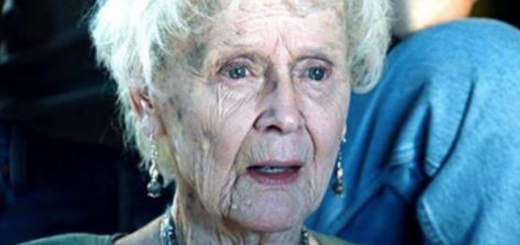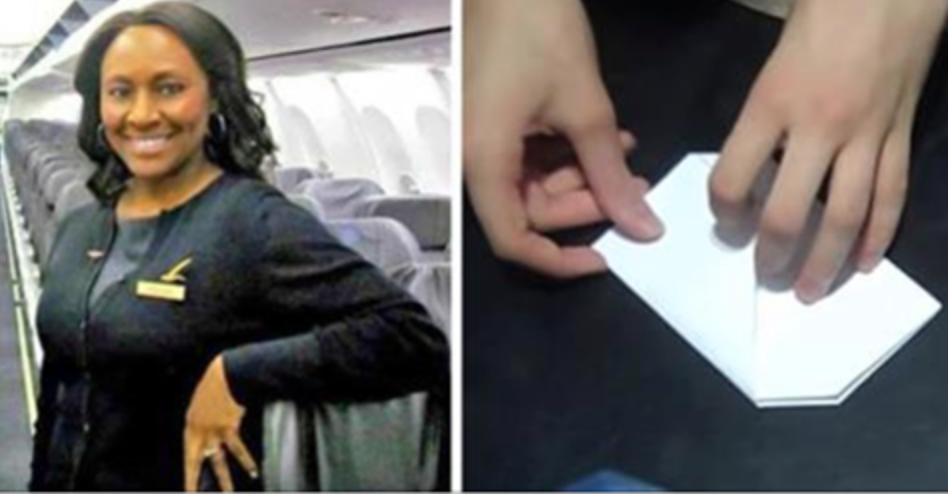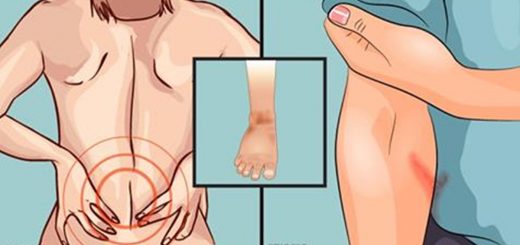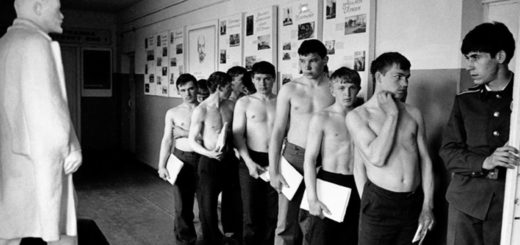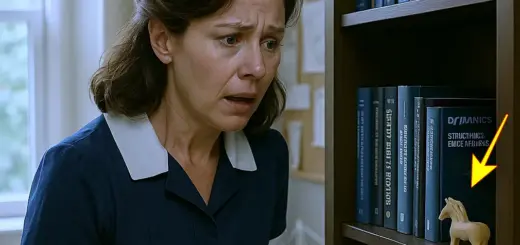My husband avoided me for three months, then one day cruelly said, «You’re barren; you can never be a mother.» A few weeks later, he showed up at a surprise dinner with his pregnant mistress. I smiled calmly and said, «Congratulations, honey,» placing an envelope on the table.

When he opened it, the color drained from his face.
«You’re barren, Amy. You can never be a mother.»
Jeffrey delivered this diagnosis over breakfast like he was telling me we were out of coffee. His voice was steady and matter-of-fact while I sat frozen, a forkful of scrambled eggs halfway to my mouth. Three months of him flinching when I touched him, three months of separate blankets and gym showers, and this was his explanation.
My body was broken, defective, unsuitable for the children he desperately wanted. What he didn’t know was that I had a manila envelope in my purse with test results proving the exact opposite.
The fork clattered against my plate, eggs tumbling onto the placemat I’d bought at that little shop in Lincoln Park. It was the one with hand-embroidered flowers that Jeffrey said was too expensive for something we’d just spill food on. Funny how I remembered that argument now, sitting here while he calmly destroyed our marriage between sips of black coffee.
«What did you just say?» My voice came out strangled, barely above a whisper.
He pulled out his phone, swiping to something he’d obviously prepared. «I had some tests done. My fertility is fine. We’ve been trying for two years, Amy.»
He turned the screen toward me, too quickly for me to actually read anything, just a blur of medical terminology and numbers. «The problem is you.»
The problem was the words that explained why he’d been sleeping in workout clothes for the past month, dressed like he might need to escape our bed at any moment. Gray sweatpants and a technical fabric shirt, the kind that wicks away moisture, which seemed appropriate since he’d been sweating through his lies every night beside me. His alarm had shifted from seven to six-thirty three weeks ago.
Every morning, the same routine. Alarm, grab the pre-packed gym bag by our bedroom door, disappear before I could offer coffee or conversation. «Better water pressure at the gym,» he’d explained when I’d finally asked why he no longer used our bathroom, the one with the rainfall showerhead he’d insisted on when we’d moved into this Chicago apartment four years ago.
I thought about the concert tickets in my drawer for The Lumineers at the Chicago Theater, front orchestra seats that had cost me three hundred dollars. When I’d mentioned them last week, Jeffrey had suddenly remembered a project deadline. The week before, dinner reservations at Girl & the Goat had conflicted with an emergency client meeting. Two weeks before that, a weekend trip to see my parents in Milwaukee had been derailed by quarterly reports that absolutely couldn’t wait. Every plan I made sprouted an urgent work obligation, like my presence in his life had become something to schedule around rather than schedule with.
«Jeffrey, I…»
«I need children, Amy. I need a legacy.» He said it like he was explaining a business acquisition, not discussing the future we’d planned together. «You can’t give me that.»
My sister Carol’s visit last week suddenly made more sense. She’d found his wedding ring in his car’s cup holder, then in his gym bag, then on his desk in the home office. Each discovery came with a new excuse: swollen fingers from salt, a metal sensitivity, soap allergies that only affected his ring finger.
Carol had pulled me aside in the kitchen, worry creasing her forehead. «He’s eating nothing but takeout salads,» she’d pointed out. «The man who used to beg for your lasagna is living on Sweetgreen, Amy. Something’s wrong.»
I’d dismissed it as stress from trying to conceive, but now I understood. Every home-cooked meal I’d made—the pot roast he used to request every Sunday, the banana bread he’d take to work and brag about, the chicken soup I’d perfected from his grandmother’s recipe—he’d rejected them all. Three months of «I ate at the office,» «client dinner ran late,» and «not hungry, big lunch.» He’d been building distance bite by bite, shower by shower, excuse by excuse.
«How long have you known?» I asked, my hand instinctively moving toward my purse on the counter, where Dr. Patricia Young’s test results waited in their manila envelope. Perfect reproductive health, she’d said. Optimal hormone levels. Everything functioning exactly as it should.
«Does it matter?» Jeffrey stood, straightening his shirt, a button-down I’d ironed yesterday back when I still thought we were a couple working through a rough patch. «The point is, we know now. We can stop pretending this is going to work.»
Stop pretending. Like the last five years of marriage, the two years of trying for a baby, the temperature charts and ovulation tests and scheduled intimacy—like all of it had been an elaborate performance he was tired of maintaining.
«I made an appointment with a specialist,» I said carefully, watching his face, «to get tested.»
Something flickered in his expression—panic, maybe, or annoyance that I’d taken an initiative without him. «That’s unnecessary now. We have answers.»
«Your answers,» I corrected, «from your tests that you had done without telling me, without including me, without even asking if maybe we should go together.»
He picked up his coffee mug, his favorite one, ironically enough—the one I’d given him that said, «World’s Best Husband»—and carried it to the sink. «I was trying to spare you the embarrassment of finding out in a doctor’s office.»
Spare me. Like he was doing me a favor by announcing my supposed infertility over scrambled eggs on a Thursday morning, his voice as casual as if he was telling me we needed to buy more milk.
«That’s very considerate of you,» I said, sarcasm creeping into my voice despite my effort to stay calm.
Jeffrey turned from the sink, really looking at me for the first time in weeks. «Don’t make this harder than it needs to be, Amy. We both know our marriage has been struggling. This just explains why.»
Our marriage had been struggling because he’d been systematically withdrawing from it, but I didn’t say that. Instead, I thought about the envelope in my purse, the test results dated just two weeks ago, the doctor’s notes about my excellent fertility indicators. I thought about Jeffrey’s mysterious medical tests that he’d never mentioned getting, the results he’d shown me too quickly to verify.
«I should go,» he said, checking his watch, the Rolex I’d saved for six months to buy him for our fifth anniversary. «I have a meeting.»
Of course he did. Jeffrey always had somewhere else to be when our life required actual presence. As he gathered his things—laptop bag, keys, that gym bag that lived by the door—I sat at our kitchen table staring at cold scrambled eggs and processing the last three months through a new lens.






